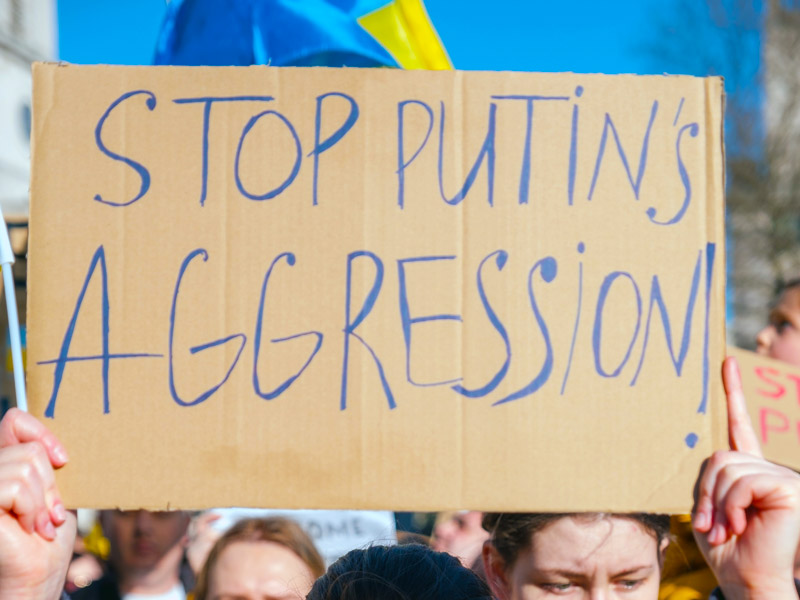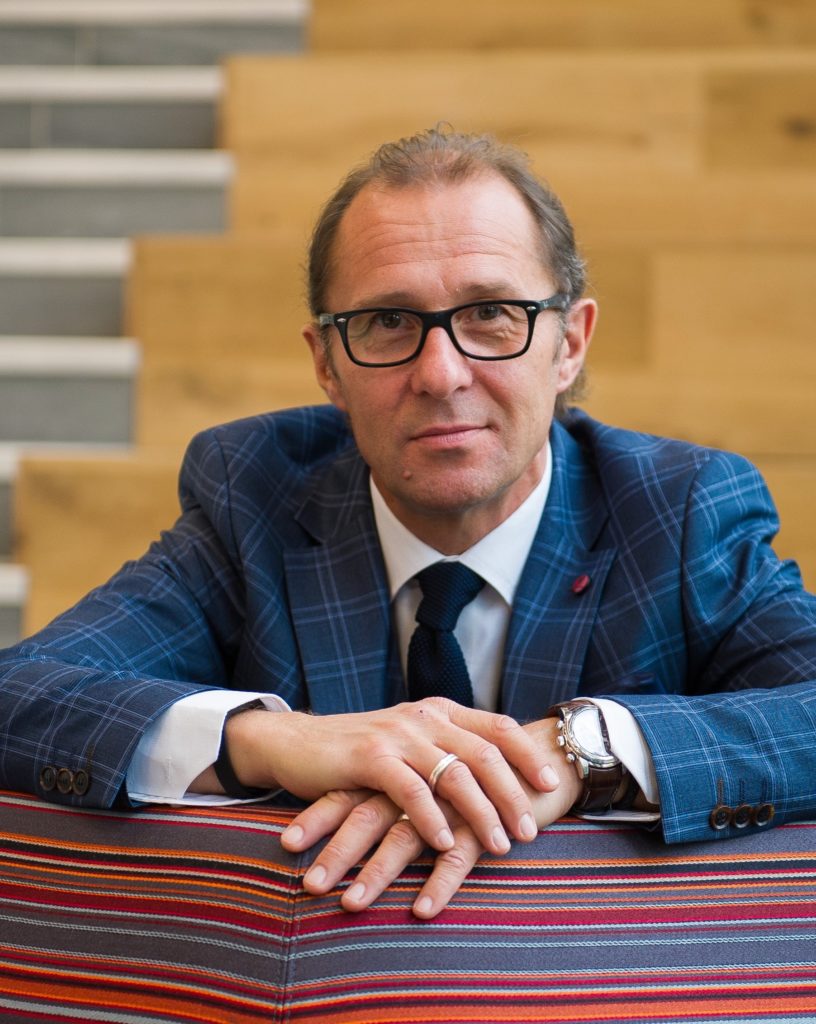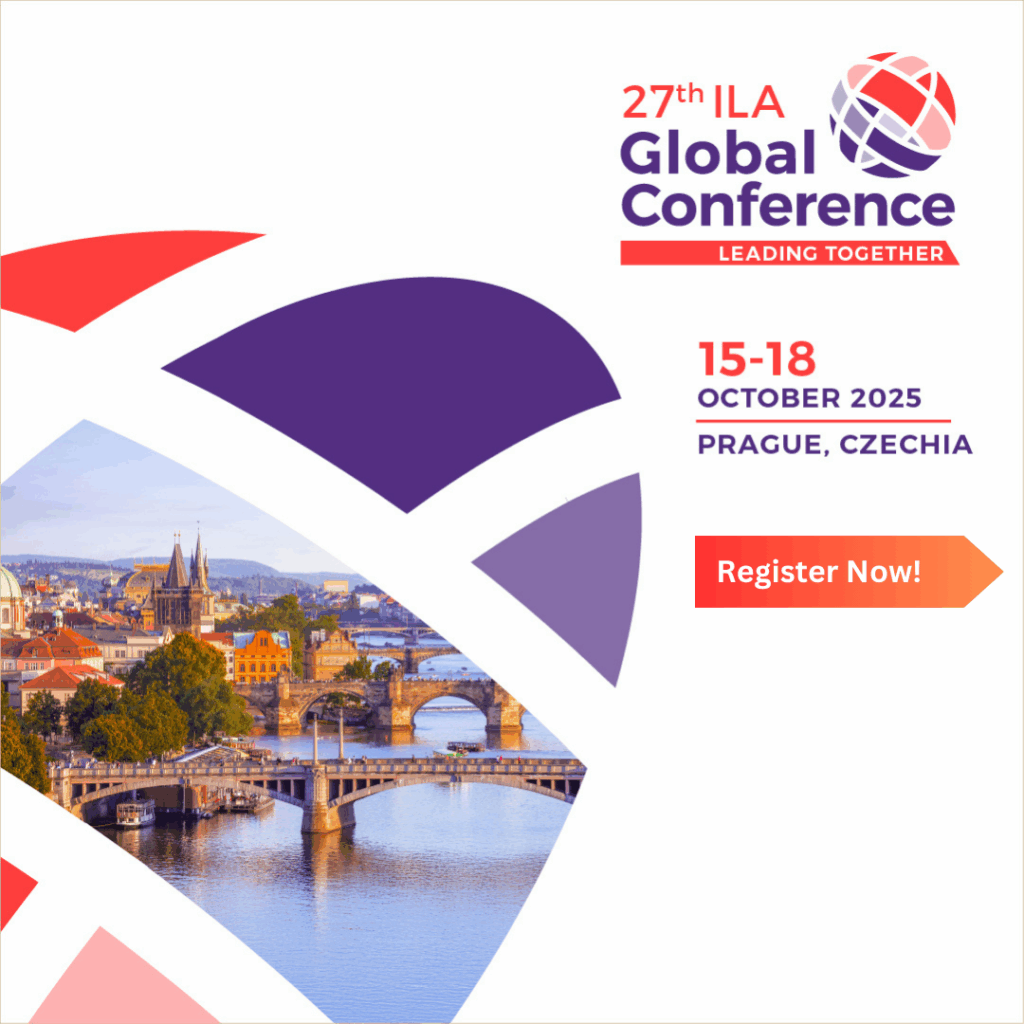
by Professor Matt Qvortrup
- 4 March 2022
Share:
Putin is a hot head, but ordinary Russians are rational — that should worry the strongman.
“He should be more cautious, and he is not,” said one friend about Vladimir Putin in his youth. Young “Vlad” — as he was known among his friends — had got into a fight. Someone provoked him and he lashed out. After all, he was a judo black belt. Alas, he overestimated his strength and as a result he suffered a broken arm. But perhaps worse for the junior KGB officer, his temper meant he would not be sent to then West Germany as a spy. Instead, he had to accept a humiliating job as a desk officer in Dresden, East Germany.
There’s a lesson in this tale from Moscow in the late 1970s. His hot-headed temper and tendency to overestimate his own strength in the martial arts explains Putin’s foreign policy — most recently his ill-advised decision to recognize Donbas and Luhansk in Ukraine as independent and then go to war.
Like in the story about his street fight in the Soviet capital, his recent aggression could hurt him in more ways than one.
In an authoritarian state, you need the support of the elite. Massive economic sanctions caused by Putin’s decisions could make them turn against him. Autocrats are not as safe as we think. No one dares speak truth to power. Putin rarely uses the internet. This dearth of information has consequences. He’s not alert to facts — and this makes his moves difficult to predict.
There’s a certain pattern in his behavior. When he invaded Crimea in 2014, he held it as inconceivable that Russia would suffer any consequences. He was very wrong: Angela Merkel, the then German chancellor, got Russia thrown out of the G8. This was a diplomatic blow for a man who likes to see himself as a major player. The sanctions — also engineered by Merkel — led to the collapse of the Russian Ruble on the financial markets. Even Russia’s finance minister admitted the country suffered $140billion in lost revenue, and even Russian media reported that the total cost of Putin’s 2014 intervention in Ukraine was at least five times that.
Whether motivated by vanity, a chip on his shoulder, or — as he says — ‘security concerns,’ Putin has followed a similar script in the past. On three separate occasions, Russia occupied territory and then claimed it as an independent state. It happened in South Ossetia in 2008 when he invaded Georgia; in Transnistria, part of Moldova; and in Abkhazia in the Caucasus.
Putin ought to know these “recognitions” will not result in viable states. As I show in my forthcoming book, I Want to Break Free, new states are only recognized if they have control over the whole territory, and if they are not propped up by foreign powers. Both as a matter of international law and political practice, Putin’s policy looks very unlikely to succeed.
Still Putin, does not seem to have learned.
As ordinary Russians feel the effects of economic sanctions and as more soldiers die in the conflict, Putin will be vulnerable, and his popularity will fall further.
Indeed, the 2014 incursion into the two Ukrainian regions follows a strategy employed by other countries. When India invaded Pakistan in 1971, supposedly it was to liberate Bangladesh and to prevent the population from suffering. And it is not hyperbole to notice that the German invasion of Denmark and Norway was to “protect” the Scandinavians.
Putin likes to portray himself as a strong man. But in reality, he’s weak and insecure. And it shows in bizarre ways. In 2008, the Spice Girls-inspired pop duo Poyushchie vmeste topped the Russian charts with the upbeat techno-pop track “Takogo Kak Putin” — “A Man Like Putin.” The two sang that their boyfriends were dumb, and they needed a new man who, somewhat improbably, “must be like Putin.”
It’s easy to pour scorn on a man who is insecure and lashes out without thinking of the consequences. But the danger is especially great if this man is “withdrawn and uncommunicative,” as the KGB wrote in their unflattering psychological assessment of him upon graduation.
But are the Russian people willing to put up with this? It is often assumed Russian people have a strange hankering after strongmen — that they somehow differ from the rest of us. James Clapper, a former U.S. director of national intelligence, said: “It is in their genes to be opposed, diametrically opposed to the United States and to Western democracies.”
For this reason, the argument runs, they support invasions abroad by the Russian army. To be sure, there was a boost in support for Putin after the annexation of Crimea in 2014 — to 89 percent. And Putin’s popularity went up slightly in the weeks before this war. It stood at 71 percent on February 2. But this is secondary; it’s the economic matters that count.
Besides, this conflict is different. No Russian soldiers died after the annexation of Crimea, and there was no drop in the standard of living. As ordinary Russians feel the effects of economic sanctions and as more soldiers die in the conflict, Putin will be vulnerable, and his popularity will fall further.
Russia is not a democracy. Being unpopular does not mean Putin will be ousted. For starters, can we be sure the Russian people get the correct information — news that’s not filtered through the Kremlin spin machine? How can they access information when Putin controls the newspapers and TV stations?
Yes, the older generations rely on television, but two-thirds of all Russians report getting their news from the internet and social media. While there are restrictions on the access to sites such as Facebook and Twitter, Russia is not China, much less North Korea.
But all this is only a part of the equation. The proof in the proverbial pudding is not how you perceive the world but how it affects your life. When living standards begin to fall despite assurances to the contrary, when Russian soldiers die, notwithstanding exaggerated reports of military triumphs, Putin’s popularity will fall.
And Russians do not support murder of their Ukrainian brethren. This will ultimately hurt Putin.
As Sting sang in his 1985 hit Russians,
But what might save us, me and you,
Is if the Russians love their children, too.

Matt Qvortrup is professor of political science at the University of Coventry. His book, I Want to Break Free, will be published by Manchester University Press. An expert on comparative democracy, Professor Qvortrup won the Oxford University Press Law Prize in 2012 and was awarded the PSA Prize in 2013 for best political science article of that year. He is editor-in-chief of the Q1 Journal The European Political Science Review. The author of more than 10 book, his acclaimed biography Angela Merkel: Europe’s Most Influential Leader (Overlook/Duckworth 2016) has been translated into Chinese, Russian, and Korean. His most recent book was Death by a Thousand Cuts: The Slow Demise of Democracy. He has advised the U.S. State Department, the British Foreign Office, and the United Nations on regulatory and leadership issues.


